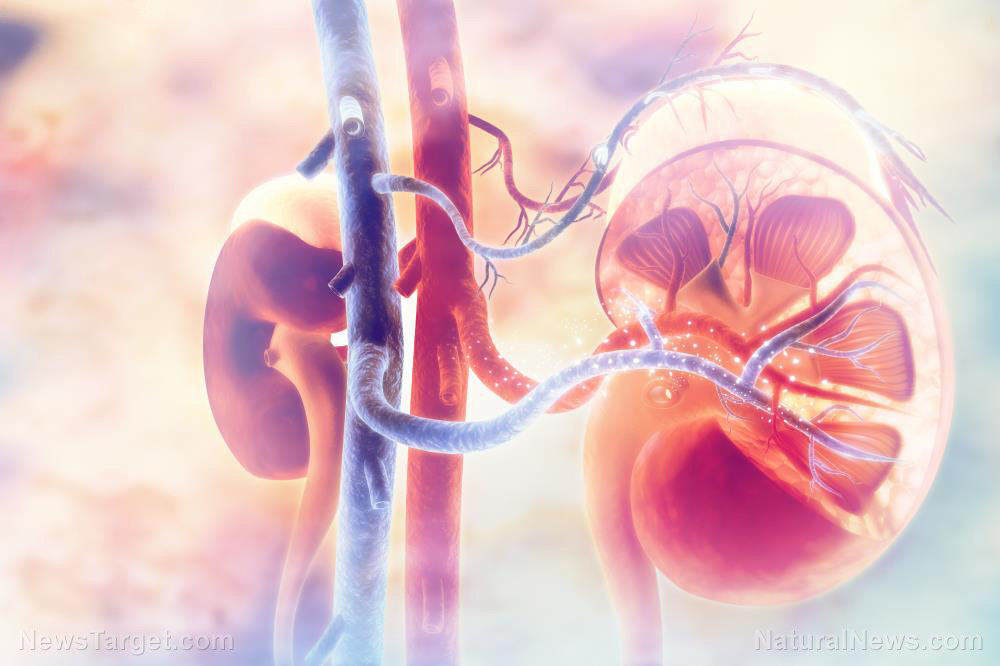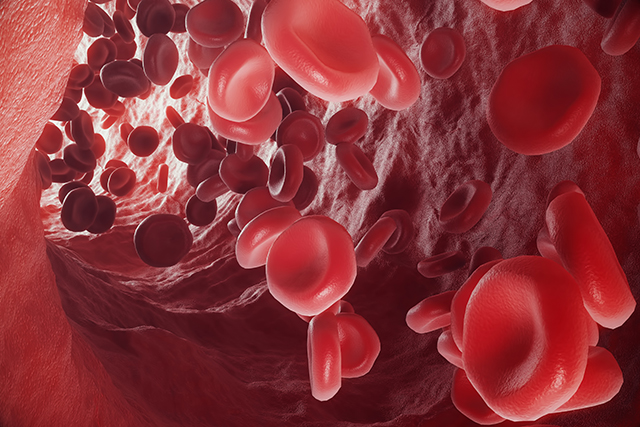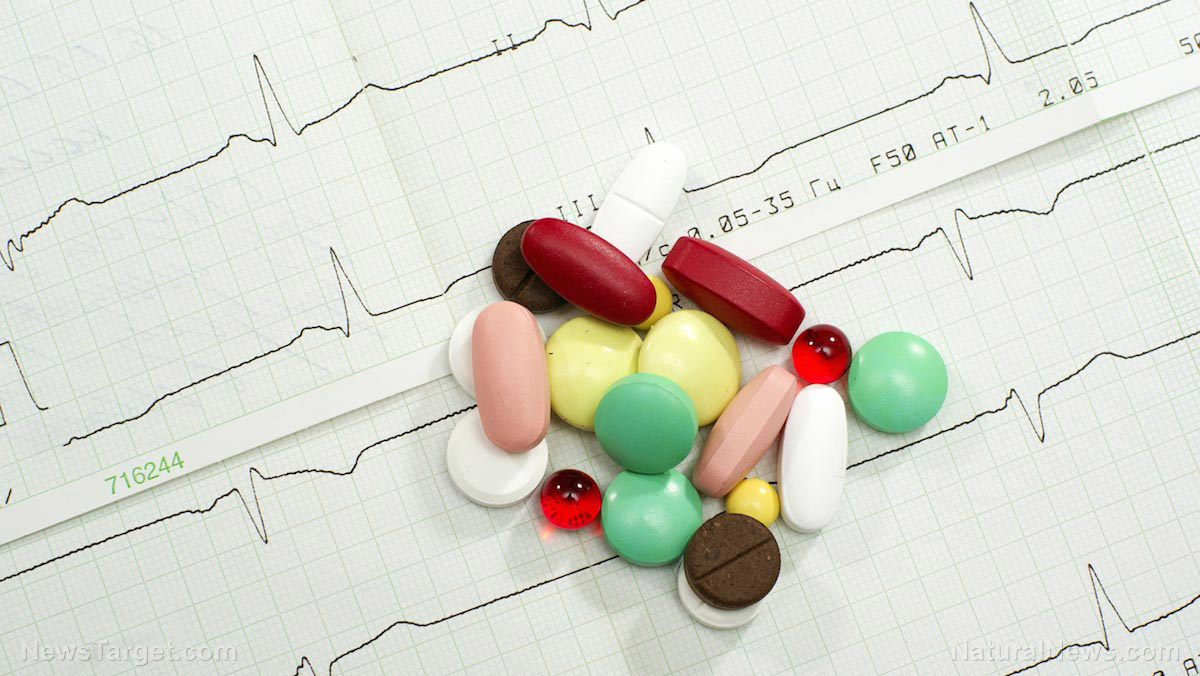New study concludes that caution is needed when prescribing antibiotics to hypertensive patients
04/18/2019 / By Ralph Flores

People who are quick to take a pill for just about everything should take a chill pill – especially if they have high blood pressure – warns a study published in the journal Physiological Genomics. In the study, researchers from the University of Toledo College of Medicine and Life Sciences proffered that a person’s genetic makeup and gut bacteria could play a key role in the effects of antibiotics on his or her blood pressure.
In their research, the team looked at the link between a person’s gut health and the development of diseases like high blood pressure, also known as hypertension. The former, in particular, is dependent on the composition of the gut microbiota, a mixture of organisms that populate the gastrointestinal tract. This composition, which plays a role in a person’s overall health, is unique to each person – much like his or her genetic makeup. When a person takes an antibiotic to treat an infection, it can kill bacteria indiscriminately, including good bacteria that a person needs for maintaining good health.
This relationship, according to the researchers, explains why “individual hypertensive responses to antibiotics may vary depending on the host and its microbiota.”
Two murine models with a genetic predisposition for hypertension were used in the study. Despite having similar tendencies for hypertension, the rats had different gut microbiota. The models were then given the following antibiotics:
- Vancomycin – used for treating colon inflammation and infection (colitis)
- Minocycline – an antibiotic for treating urinary tract infections and certain types of sexually transmitted infections
- Neomycin – the active ingredient in medications used for preventing high cholesterol
Mother Nature's micronutrient secret: Organic Broccoli Sprout Capsules now available, delivering 280mg of high-density nutrition, including the extraordinary "sulforaphane" and "glucosinolate" nutrients found only in cruciferous healing foods. Every lot laboratory tested. See availability here.
Based on the results, Dahl rats –which developed hypertension following a high-salt diet – exhibited elevated levels of systolic blood pressure after being treated with minocycline and neomycin. Having increased levels of systolic blood pressure, in particular, is a risk factor for developing heart attacks and stroke. The Dahl rats also exhibited an increase in diastolic blood pressure after taking minocycline. On the other hand, SHR rats – which developed hypertension independent of dietary salt – did not have significant changes in their blood pressure after antibiotic treatment.
“The host [genetic makeup] plays an important role in how blood pressure will be affected differentially by antibiotic treatment. This highlights the importance of further studies to determine the mechanism behind these different effects,” the researchers indicated in their report. “This raises the question of safety in the usage of antibiotics by patients with such modern ailments [as hypertension].”
Gut microbiota also linked to chronic kidney and cardiovascular diseases
The effects of the gut microbiota aren’t limited to the vascular system. A review published in the journal Hypertension Research established a potentially vital link between the gut microbiota and the overall health of the cardiovascular and renal systems. Researchers from Turkey’s Koc University School of Medicine found that the chronic inflammatory processes in the gut microbiota can increase the risk of developing chronic kidney and cardiovascular diseases through multiple immune, metabolic, endocrine, and neurological pathways. In the same manner, a decline in function in the cardiovascular and renal systems can disrupt gut microbiota composition, forming a vicious cycle that damages the two systems further.
Similarly, the researchers suggested developing interventions through diet to stop this cycle. (Related: The health of your gut microbiome could predict your risk of heart disease, researchers find.)
“We can infer that interventions for the gut microbiota through diet and possibly some medications can prevent/stop the vicious cycle between the gut microbiota and the cardiovascular/renal systems, leading to a decrease in chronic cardiovascular and renal diseases,” they wrote in their report.
Sources include:
Tagged Under: Antibiotics, Big Pharma, cardiovascular disease, dangerous drugs, genes, genetic makeup, gut health, gut microbiota, harmful medicine, heart attack, heart disease, heart health, hypertension, kidney disease, kidneys, Prescription drugs, renal health, stroke



















